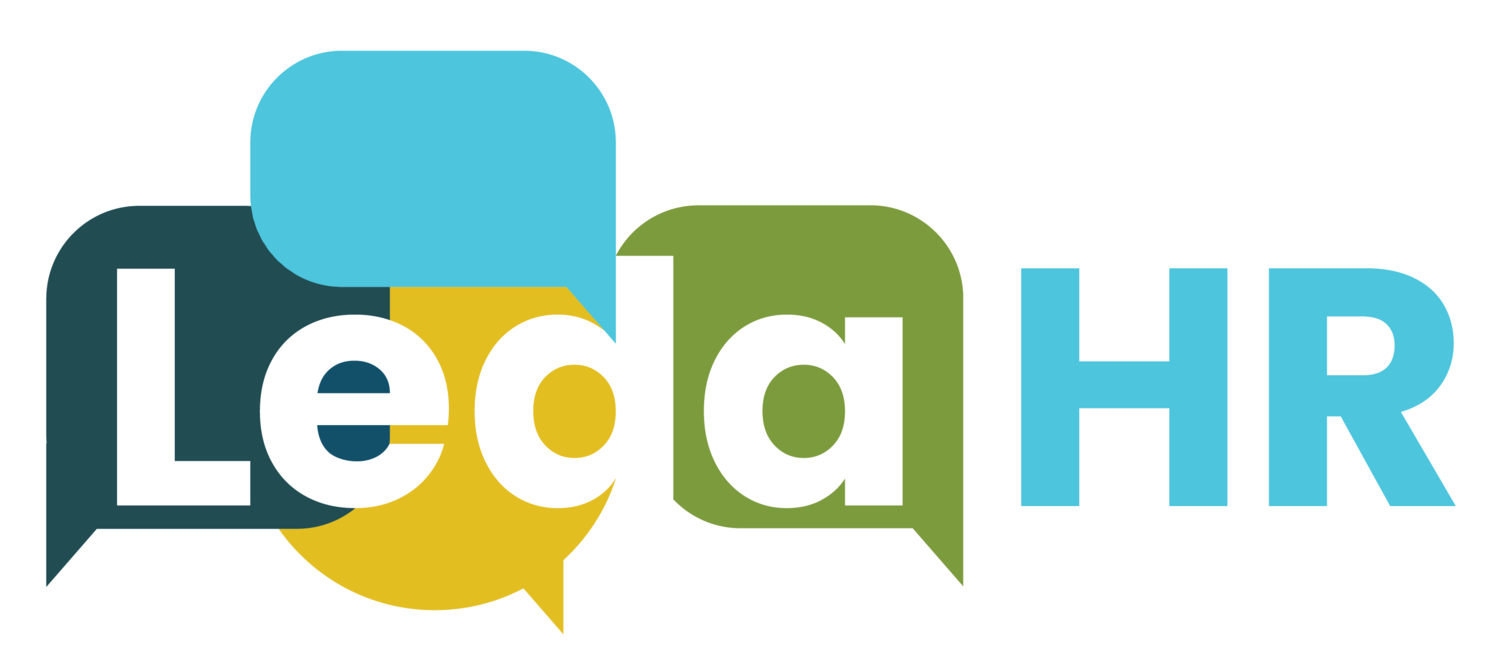Talking to Kids about Racism, Equity, Diversity, & Inclusion Part Two: Four Guiding Principles
By Robin Matthews-Kanhai
In my last piece, I discussed that while conversations about race are important, fostering an anti-racist environment is what creates a constant and necessary dialogue on race in our home. I also shared specifics about our parenting influences around racism and inclusion.
To continue, I want to share some of the challenges to healthy identity-building around race I encountered, as well as pitfalls I’m trying to avoid, while helping to prevent our kids from internalizing racism. All of this is influenced by my experience as a bi-racial woman whose experience in different racialized communities and white community reactions to them, washed away racial innocence early, and today informs my parenting of three differently shaded kids.
Here are four guiding principles when talking about racism with my kids:
Minimizing any experience that feels racialized to my kids, and instead calling a spade a spade. In my youth, I heard adults around me judging the validity of peoples’ racialized experiences with phrases like “using the race card”. I also heard people diluting racialized experiences by saying things like “maybe they meant…” to reframe racist behaviour. This made me doubt my understanding of the clear racism around me, instead protecting those that were called “well-intentioned” or “kind-at-heart” racist people. Nowadays, as a society, we talk more openly about gaslighting of racialized people and how toxic it can be. I care about and have people who are racist in my life, and I believe we are all racist in some way. We don’t fix that by not discussing it or protecting people from learning about their racism.
I avoid imposing any rigidity about how my kids label themselves. There have been many labels our Caribbean family has tried to navigate. Personally, I try to be cognizant of the very real colourism out there that I don’t want to be a part of and at the same time acknowledge the different privileges of our various shades. I’ve seen different regional approaches from a Canadian, American, British, Australian, etc. perspective. I also find labeling racial identities is further complicated by criteria around access to funding and other programming amplified for racial equity initiatives. Growing up I never felt black enough to say black or white enough to say white and ended up in what felt like a waffling nowhere land of brown or bi-racial, or the mix that is Caribbean depending on my audience. At least one of our kids will navigate this as well.
We are trying to do whatever we can to prevent our kids from looking outside themselves for their sense of worth and approval (which some days feels like an impossible task). I was set up in many cases growing up to “prove” people wrong about negative perceptions of racialized people. I found this harmful. With our kids, I tell them, there is no “proving” to be done for those who don’t have the eyes to see the good. I’m also trying to teach them they do not have to model some sort of perfect behaviour in public. Don’t get me wrong, I still parent poor behaviour, but with my brownest kid especially, I want them to be able to be themselves and screw up without the pressure of letting down all people of colour. I have recently also been focusing on de-colonizing my view of manners which is opening my eyes to a whole other level of colonialism, but that’s a whole other topic for another day.
I intervene in poor self-esteem role-modelling. When others close to us make self-deprecating comments, I openly correct this, so my kids start with a positive view of themselves at home. Not rocket science but we all have people around us who have internalized colonial and patriarchal perspectives of themselves that could easily be perpetuated without intervention. It’s so important that people of colour know and feel their worth.
My spouse and I know we’re just at the beginning. These points are just the tip of the iceberg and in no way do we claim to be experts. Our choices may not make sense for everyone. One of our goals though is to impart on our kids that their truth is their truth regardless of shade, but their shades present them with variations of unearned privilege. And we believe it’s important to start early so they can be seeing and acknowledging of all people, looking at others and not through them, and include all kinds of people even when doing so, even if that takes additional effort.
About Robin Matthews-Kanhai:
A leader in financial operations, always striving for a more equitable financial system. A lifelong student of political studies and advocate for anti-oppressive practice, equity, and liberation. Mom of 3 little humans, family matriarch in training, voracious audiobook and puzzle consumer, design and DIY dabbler.

